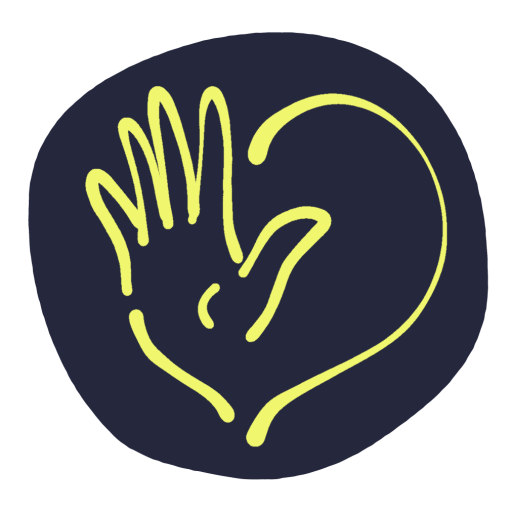Menu

Tanya Eichler
Topic
Creating Effective Family Supports with Innovation and Limited Resources using a group hybrid NVR model and Polyvagal theory.

Abstract
This workshop will introduce the development and impact of Interwoven Connections’ AFCCA (Aggression Towards Family/Caregivers during Childhood and Adolescence) Family Support Program, a three-year pilot initiative designed to support adoptive parents and caregivers in families who are raising children exhibiting aggressive behaviors. Clinical lead Tanya Eichler will share insights into how this effective and flexible program builds upon peer support networks, through therapeutic services/training, guidance, and advocacy.
The AFCCA Family Support Program combines two complementary group models to address the needs of families living with childhood and adolescent aggression. The first approach utilizes Polyvagal Theory to help caregivers understand their autonomic nervous system responses, empowering them to shift from hypervigilance to recovery. The second approach, Nonviolent Resistance (NVR), is offered through a hybrid model (group and one-on-one format) for caregivers managing frequent or entrenched aggression at home.
In addition to these frameworks, the program provides various practical resources, including tip sheets, short videos, and webinars, enabling a scalable reach to a broad audience of caregivers and professionals, with efficient use of limited resources. Over the course of the pilot, the program has fostered a resilient, interconnected community of caregivers who now offer support to one another, even across long distances. Evaluations have shown that all participants would recommend the program to others, reporting improvements in family relationships, stability, and reductions in aggression.
Learning Outcomes:
- Explore ideas for overcoming the difficulties of supporting a large population over a large geographical area with limited resources.
- Gain an understanding of how to apply Polyvagal Theory to support caregivers experiencing AFCCA in recognizing and regulating their nervous system responses.
- Explore the hybrid Nonviolent Resistance (NVR) approach as a tool for managing entrenched aggression toward family members in children and adolescents.
- Learn strategies to build scalable resources that leverage and engage peer support communities while being responsive to specific challenges for families experiencing AFCCA.
- Creatively utilize AFCCA community members’ skills and strengths in a collaborative mode.
Review the outcomes and insights gathered from the AFCCA Family Support Program evaluations, including impacts on family relationships, stability, and aggression reduction.
Biography
Tanya is a Clinical Lead in the AFCCA (Aggression toward Family and Caregivers in Childhood and Adolescence) Family Support program at Interwoven Connections. She has over 15 years of experience supporting families affected by FASD (Fetal Alcohol Spectrum Disorder) and other neurodiversities, early childhood trauma, the child protection system and adoption in 4 different pilot projects as well as her private practice. Tanya is a sought-after speaker, sharing her insights and perspectives with audiences that span both professionals and those with lived experience. She uses Dyadic Developmental Psychotherapy, Sensory Motor Arousal Regulation Treatment, Polyvagal Theory and Non-Violent Resistence in her practice.
